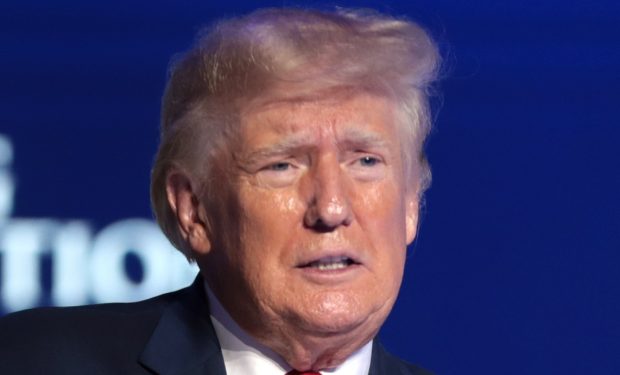Covering the moment in the Trump-Harris debate when the Vice President claimed various military leaders had told her they viewed Trump as a “disgrace,” the mainstream media largely overlooked the biggest accusation Harris made in her response.
Yes, Harris’s use of “disgrace” may have “triggered” Trump, which is how many media outlets are describing Trump’s enraged reactions to some of Harris’s more pointed accusations during the debate.
But the most provocative part of Harris’s response isn’t the name-calling — it’s where Harris said Trump is vulnerable to dictators because of his personal needs, both emotional and financial — or what she implied was his openness to, even his intrinsic need for, “flattery and favors.”
Harris told Trump “those dictators are rooting for you because they know they can manipulate you with flattery and favors.”
🔥🔥Vice President Harris: “Those dictators are rooting for you because they know they can manipulate you with flattery and favors” pic.twitter.com/FmojGd69hL
— Republicans against Trump (@RpsAgainstTrump) September 11, 2024
It’s the “favors” that put the sting in Harris’s accusation, which portrays a compromised GOP candidate. No leader alive is immune to flattery, not least in democracies where winning elections — essentially a popularity contest — is essential.
But even vain leaders are required by law to hold themselves above the transactional practice of being in any way for sale, or of trading in favors — the Emoluments Clause of the United States Constitution (Article I, Section 9, Clause 8) necessitates it.
[NOTE: Favors need not be purely financial — Trump’s first impeachment derived from his request for a favor from Ukrainian leadership to turn up information about his political opponent.]
On the face of it, Trump is vulnerable to Harris’s “favors” assertion. His company’s many foreign projects requiring permits and sometimes byzantine red tape navigation, his daughter Ivanka’s receipt of multiple trademark grants in China during his administration, Ivanka’s husband Jared Kushner‘s $2 billion PE seed money from the Saudi Sovereign Wealth Fund in the immediate aftermath of the Trump administration — each of these connects Trump’s personal business interests to his official duties in ways not seen in any previous president.
[NOTE: Running in 2015, Trump described his connection with Saudi Arabia, saying “they buy apartments from me. They spend $40 million, $50 million,” he told the crowd. Am I supposed to dislike them? I like them very much.”]
